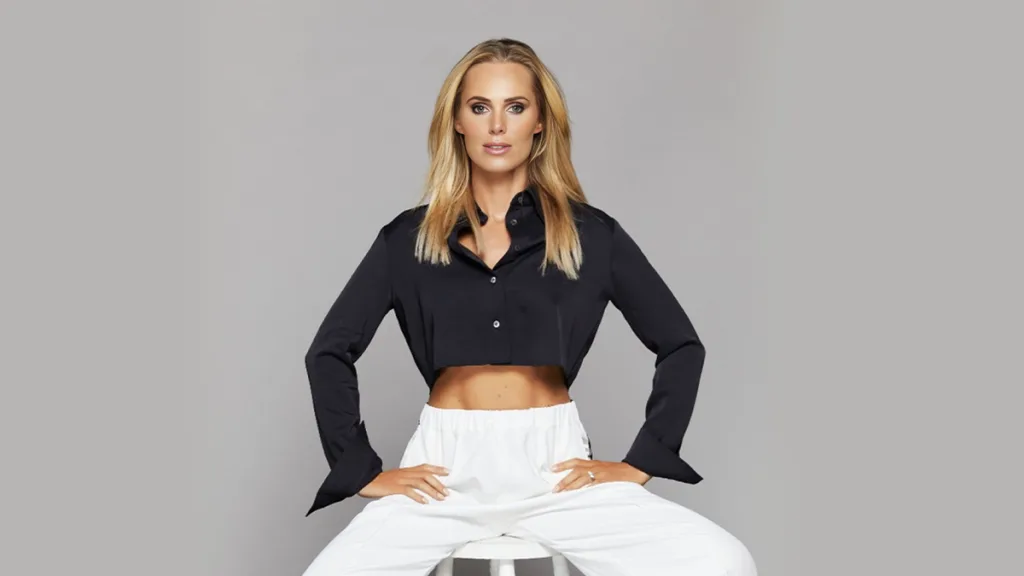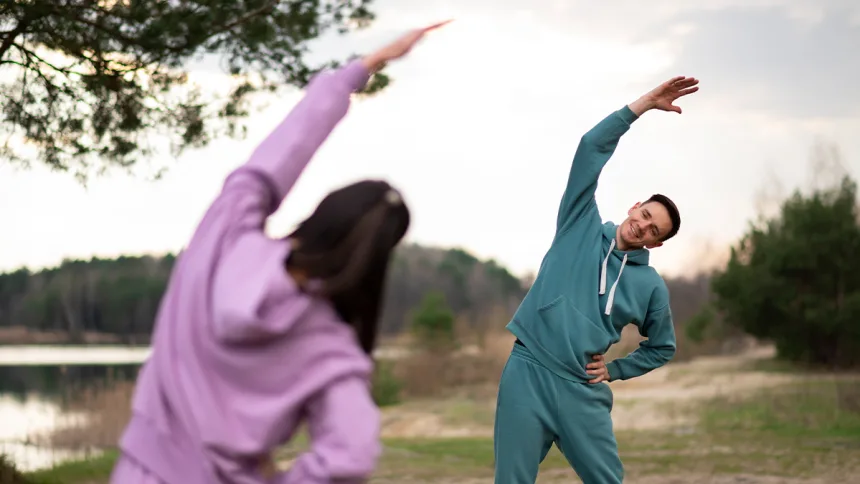When we think of anti-ageing strategies, skincare regimens, superfoods, and supplements often dominate the conversation. But the true cornerstone of longevity and vitality lies not in a bottle or a diet but in something far more fundamental: muscle. Developing and maintaining muscle strength is one of the most powerful things you can do to combat the effects of ageing. At the heart of this lies an often-underappreciated aspect which is muscle memory.
The power of muscle
Muscle isn’t just about aesthetics or athletic performance; it’s a lifeline for health and independence as we age. Strong muscles improve bone density, enhance balance, and raise metabolism – all critical factors in staying active and agile. They also lower the risk of falls, a major concern for older adults, and provide the energy to tackle daily tasks with ease.
When your muscles are strong, your body operates more efficiently. Less energy is required for physical activities, leaving you with more reserves to enjoy life. Additionally, maintaining a healthy body composition by preserving muscle mass helps fend off excess body fat, which is linked to a host of chronic illnesses, including heart disease, diabetes, and inflammation-related conditions.
The role of daily exercise
Daily movement is key to preserving muscle and reaping its benefits. Exercise in the morning – particularly outdoors – amplifies these advantages. Sunlight exposure in the morning helps regulate circadian rhythms, improving sleep patterns and hormonal balance. Physical activity boosts digestion and, perhaps most importantly, has a profound impact on mood and mental health.
The link between physical and mental well-being is undeniable. Moving your body releases endorphins, alleviates stress, and cultivates a sense of accomplishment. Over time, this builds resilience, confidence, and a more positive outlook on ageing.
“Use It or Lose It”
There’s a reason the phrase “use it or lose it” is so often repeated. Our bodies are built to adapt to the demands we place on them – or lack thereof. As we age, maintaining physical capability becomes increasingly important. The more sedentary we become, the more our muscles deteriorate, and this loss of strength can lead to a cascade of issues.
For instance, reduced mobility often leads to diminished confidence, which may cause people to avoid new experiences or unfamiliar situations. This withdrawal from activity and community engagement can contribute to social isolation, which has its own detrimental effects on mental health. On the other hand, staying active helps you remain physically capable and socially engaged, fostering a sense of independence and confidence.
Muscle Memory: Your secret weapon
Even if you’ve been inactive for years, your body remembers. Muscle memory, a phenomenon where previously learned motor patterns are retained, provides a significant advantage when reintroducing physical activity. If you have a history of sports, weight training, or exercise at any point in your life, you’ll find that your progress can be much faster than starting from scratch.
This is because muscle memory doesn’t just live in your muscles – it also resides in your brain and nervous system. The initial progress when starting a new routine often comes from improved coordination between muscle fibres and better neuromuscular efficiency. For those with a background in exercise, even if distant, these pathways are quicker to reignite, giving you a head start in regaining strength and mobility.
Also Read: How Lifestyle Choices Today Can Add Years To Your Life
Why weight training is the answer
Weight training is a safe and effective method to build and maintain muscle, no matter your age. Unlike high-impact activities, which may pose risks as we age, resistance training focuses on slow, controlled movements performed in a stable environment. This makes it an ideal choice for beginners or those returning to fitness after a long hiatus.
The key to success lies in proper form and gradual progression. Start with manageable weights and focus on mastering the technique before increasing the load. The slow and deliberate nature of weight training reduces the risk of injury while delivering maximum benefits for muscle growth and bone density.
Adapting as you age
While the importance of staying active doesn’t diminish with age, the intensity of your workouts might need to adjust. Recovery rates naturally slow over time, and excessive intensity can increase the risk of injury. However, consistency remains the most critical factor. Regular movement – whether it’s weight training, yoga, walking, or swimming – ensures you continue to reap the benefits of physical activity.
For older adults, prioritizing functional movements, balance exercises, and flexibility can enhance the quality of life. These practices support day-to-day activities and reduce the likelihood of falls, a significant cause of injury and loss of independence.
Building a life that moves
Incorporating physical activity into your daily life doesn’t have to mean spending hours at the gym. It’s about finding enjoyable ways to move and committing to regular, sustainable habits. A brisk morning walk, a yoga class, or a strength-training session can all contribute to a healthier, more vibrant you.
The effects of exercise extend far beyond the physical. A strong body builds a resilient mind. It enables you to engage with the world, maintain your independence, and approach ageing with confidence and grace.
Muscle as the fountain of youth
In the quest for anti-ageing, muscle is the unsung hero. Its benefits touch every aspect of life, from physical health and mental well-being to social connection and confidence. By focusing on building and preserving muscle, we’re not just adding years to our lives but life to our years.
By focusing on building and preserving muscle, we’re not just adding years to our lives but life to our years.
Muscle memory is the bridge that connects your past to your present. Even if you’ve been away from exercise for years, your body is ready to respond when you give it the opportunity. It’s never too late to start – or restart – your journey.
So, embrace movement as your lifelong ally. With every lift, stretch, and step, you’re not just defying age; you’re rewriting what it means to grow older. And the best part? The path to a stronger, healthier, and happier you begin today.




















